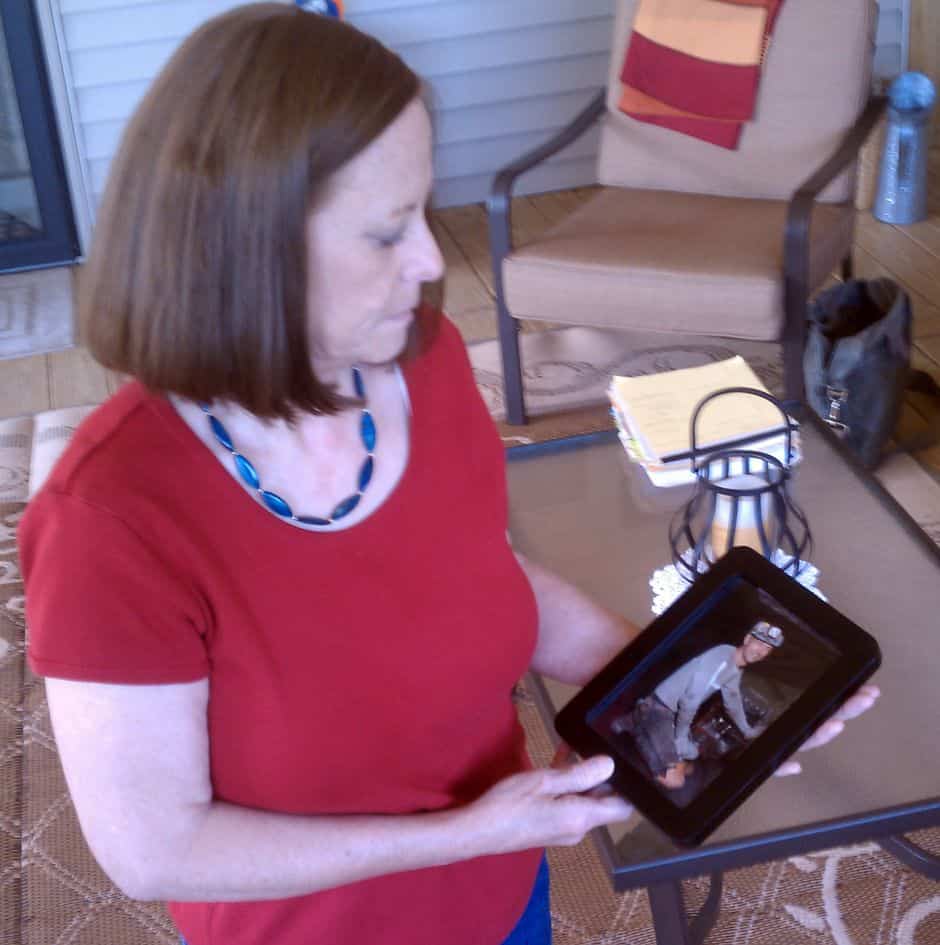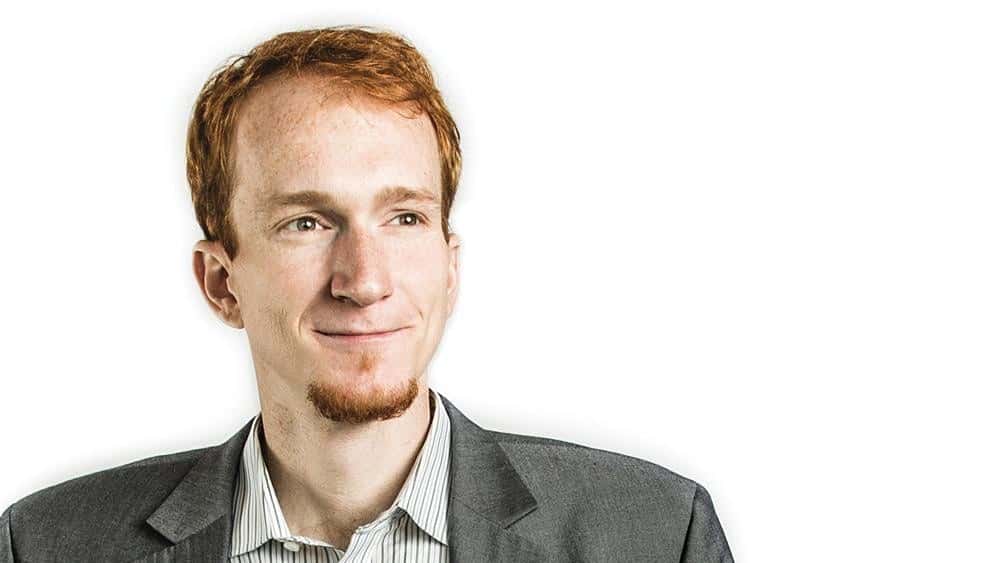In court decisions and emails obtained by the Center for Public Integrity, some judges have criticized Jackson Kelly’s approach in federal black lung benefits claims.
“By his perseverance and commitment to the integrity of the judicial system, Mike doggedly pursued the unethical and unconscionable conduct of an attorney for Jackson & Kelly.”
– email from Administrative Law Judge Daniel Leland,
sent November 10, 2010
“The Fox case was especially egregious…”
– email from ALJ Michael Lesniak, sent June 18, 2009
“This is pretty shocking … It appears to represent a long-standing pattern of misconduct.”
– email from ALJ Alice Craft, sent June 22, 2009
“But the point is, is that you withheld the report, Ms. Clark. … And I could only assume that you didn’t like what it had to say, so instead of paying the claim, you withheld the report.
These are the sort of things we have to stop.
And you can’t win at any cost.”
– ALJ Michael Lesniak during a hearing, October 19, 2004
“I find the separating of Dr. Zaldivar’s May 16, 2001 narrative to be unconscionable and reprimand the attorney or attorneys responsible; this was a deliberate attempt to mislead the Claimant, I expected more from this law firm. I find their defense of this practice … to be ludicrous. I admonish the attorneys involved not to tamper with exhibits, potential exhibits and/or any type of documents which may be entered
into evidence in the future.”
– ALJ Michael Lesniak order, March 21, 2005
“Employer withheld the opinions of two expert pathologists
… and skewed the evidence …”
– ALJ Thomas Burke decision in the Gary Fox case,
February 9, 2009
“Employer’s ‘zealous’ representation strategy
instills uncertainty and cynicism into a program
intended to compensate miners disabled from
black lung disease …”
– ALJ Thomas Burke decision in the Gary Fox case, February 9, 2009
“The court finds Jackson Kelly’s excuses and arguments flimsy at best.”
– opinion written by Chief Judge David A. Faber,
U.S. District Court for the Southern District of West Virginia
at Charleston, August 30, 2006
“[W]e have little difficulty concluding
that Mr. Smoot’s conduct was deceitful, dishonest, a misrepresentation, and prejudicial to the administration of justice…”
– opinion written by Justice Robin Jean Davis,
West Virginia Supreme Court of Appeals, November 17, 2010
“It is apparent that he lacks remorse and
has refused to acknowledge the wrongful nature of
his conduct. The claimant who was deceived by Mr. Smoot’s
conduct was quite vulnerable. … Submitting an altered report to a
tribunal is an affront to justice that simply cannot be tolerated.”
– opinion written by Justice Robin Jean Davis,
West Virginia Supreme Court of Appeals, November 17, 2010
“In our experience, it’s an extensive problem,” he said of the withholding of evidence by lawyers representing coal companies. “This is something that has been going on a long time and affecting a lot of claims.”
Representatives for the coal industry’s primary trade organization and the law firm featured in the Center’s story did not immediately respond to requests for comment.
The story was the first installment in a series, Breathless and Burdened, based on a yearlong investigation of the role of lawyers and doctors, working on behalf of the coal industry, in helping to defeat miners’ claims. It found that lawyers at the industry’s go-to law firm for black lung benefits cases, Jackson Kelly PLLC, for decades have withheld evidence indicating that miners whose cases they were contesting had the disease.
In court filings, the firm’s attorneys have argued that they have no obligation to disclose reports by doctors they consulted whose opinions didn’t support their case. Miners’ lawyers have argued that the firm’s approach amounts to misleading judges and the firm’s other consulting doctors.
Judges have called the firm’s actions “shocking” and “unconscionable” and its defenses “ludicrous” and “flimsy at best.”
Perhaps the signal case is that of Gary Fox, who spent more than 25 years working in the underground mines of central Appalachia. Fox filed for federal benefits in 1999. The previous year, doctors had removed a suspicious mass from his lungs. The purpose had been to rule out cancer, which they did, and a pathologist provided the vague diagnosis of “inflammatory pseudotumor.” There is no evidence this hospital pathologist knew Fox was a coal miner.
Unknown to Fox — who, like many miners, was unable to find an attorney to take his case — lawyers at Jackson Kelly obtained samples of his lung tissue taken during this procedure and sent them to two experts on whom it frequently relied in benefits cases. These doctors, however, wrote reports finding that the samples were consistent with advanced black lung.
The lawyers withheld the reports by the two doctors, who had extensive experience looking for signs of black lung, and instead relied on the hospital pathologist’s earlier report. Fox lost his claim and had little choice but to return to work.
His breathing continued to deteriorate, and he retired and filed a new claim in 2006. This time, attorney Cline agreed to represent him, and, based on his experience in previous cases, Cline suspected Jackson Kelly had other pathology reports it hadn’t revealed.
The firm fought disclosure for months, but a judge eventually forced the release of the reports. In a scathing opinion, the judge found that the lawyers at Jackson Kelly had committed “fraud on the court” — a rare finding reserved for the most severe cases of fraud that undermine the functioning of the legal system.
An appeals board, however, found that the lawyers’ conduct had not reached the extraordinarily high level of “fraud on the court,” and, earlier this year, the U.S. Court of Appeals for the Fourth Circuit agreed, while also noting that it was in no way signaling that it approved of the firm’s actions.
As the legal battle was raging, Fox died in 2009 while waiting on a lung transplant. An autopsy confirmed that he had the most severe form of black lung.
Now Fox’s widow and the families of two other miners whose cases also involved key evidence withheld by Jackson Kelly lawyers are suing the firm in a West Virginia court, alleging fraud.


Join the conversation
Show Comments